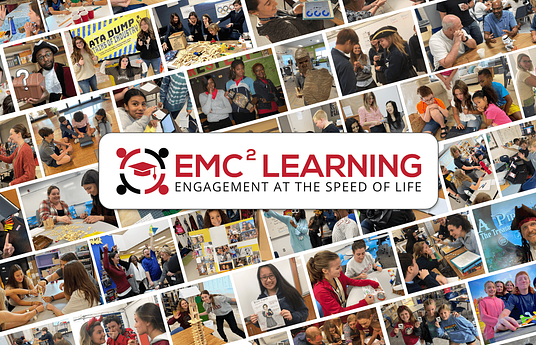This Pillar was created to help support individuals in building their self-efficacy and believing in their ability to accomplish their goals. Also, to help support conflict resolution in our school and to help students advocate for their needs. Our Self-Efficacy Pillar encourages students to be open, resourceful, and persistent.
This Pillar is taught through workshops to students, parents, and staff. It is part of our school culture and language to encourage students to be open, resourceful, and persistent when faced with struggles or conflicts. Students strive to be “O.R.P.” We read books and have open discussions during a time of day called MUSORY. MUSORY is dedicated to exploring various Self-Efficacy topics such as growth mindset, grit, and "The Power of Yet". Our community uses a script during conflict called a Compassionate Confrontation. We encourage our community to utilize CCs and to stay in a "plus plus" mindset. When students are "plus plus" they are allowed to be sad, mad, or upset, but we encourage them to avoid blaming, attacking others, or acting like a victim. Our goal is to empower students. We have self-efficacy standards for each grade level students are assessed on within their Blueprint (report card). Students reflect on their self-efficacy within their Blueprints and Passions.
Our Self-Efficacy Pillar is practiced and explored with all of our students at our school. Students aged 2 to 18 learn about the power of this Pillar.
We invite you to take a self-efficacy workshop with us! You can also read books and articles on self-efficacy, growth mindset, and failing forward. You can also read about Stephen Karpman's Drama Triangle model. Contact jenny@museglobalschoolca.com for workshop details.


